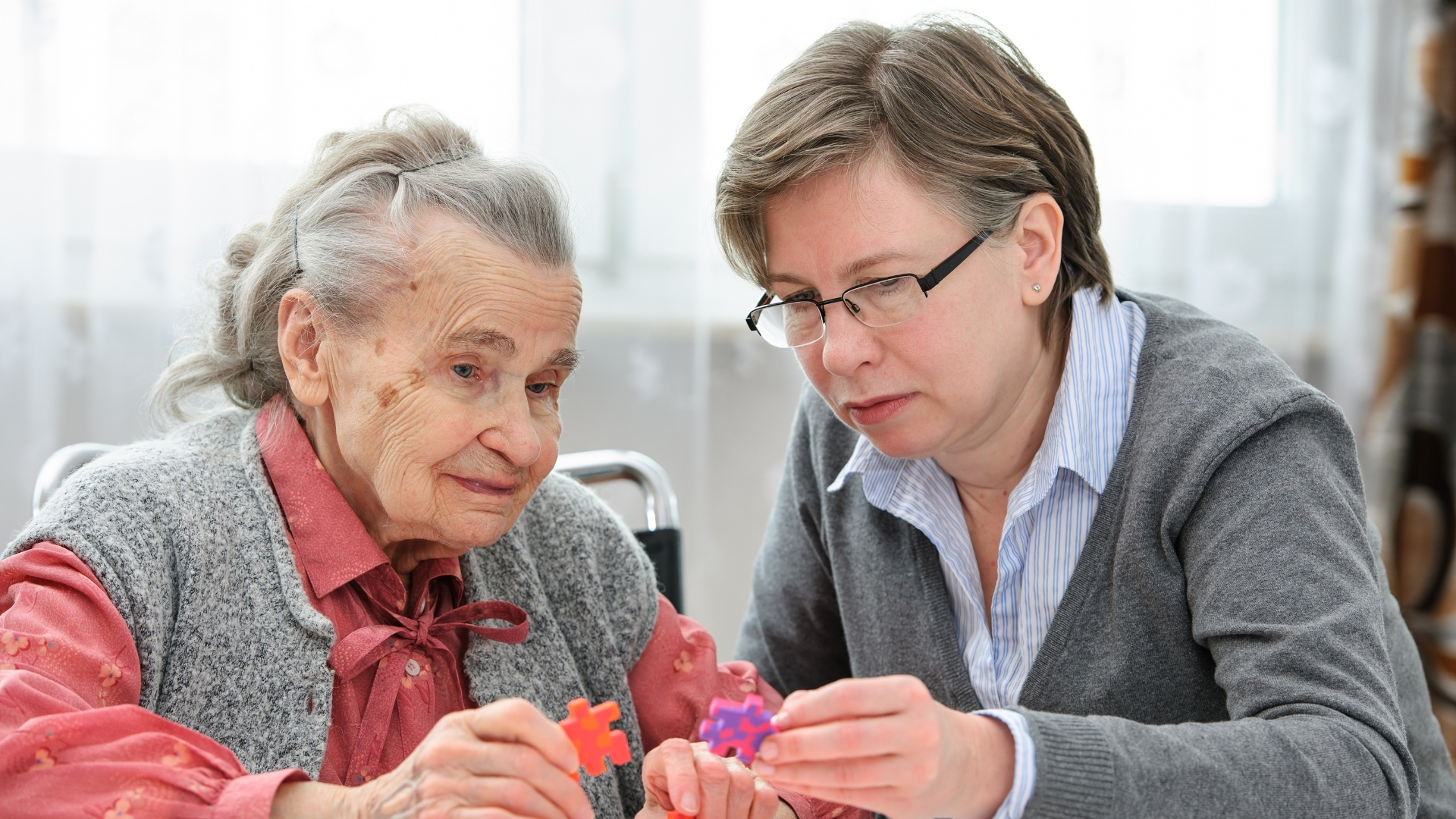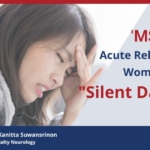
Dementia is a type of brain disorder that can affect the elderly. In other words, brains can slow down with age and other diseases that might cause dementia, which has a direct impact on daily life, such as forgetfulness, communication problems, poor learning, calculating, and behavioral change. These symptoms are produced by dementia patients' brain cells quickly deteriorating due to brain shrinkage.
The Causes of Dementia
Dementia can be caused by a variety of factors. Doctors will do a thorough diagnostic on each patient to determine if it is treatable or incurable. The following people are at high risk of developing dementia:
- Natural aging
- Hypertension
- Diabetes
- Stroke patients with a history of impairment or paralysis
- Heart disease or arrhythmia
- Drinking, smoking and baptism
- Parkinson's disease
- Encephalopathy
- Cerebral syphilis infection
What Are the Signs and Symptoms of Dementia?
Dementia patients will undoubtedly have worse memory problems, but did you know that the problem also affects the patients, as an increase in symptoms from month to year, depending on examination and health treatment, and the evident signs of dementia are as follows:
- Confusion, forgetfulness, and loss of short-term memory
- Easily forget things
- Confused about direction and familiar places
- Personality, behavior and emotional changes
- Forgetting words or saying them incorrectly
- Impaired skills and abilities
- Decrease in decision-making and intellect
Provisions for dementia patients' care
- Caregivers should provide care and love with compassion, since this is the most crucial for both patients and caregivers. If the caregiver is a family member, keep in mind that loving and mental care are quite helpful while treating a patient.
- The best thing a caregiver can do is comprehend the original dementia in order to be aware of things such as illness symptoms, therapy, and correct care. Furthermore, it must be understood that the symptoms that arise are caused by the disease's state. Changes in behavior have an impact on the everyday living.
- Don’t forget to take care of our mental health and physical health because caregivers have to live with patients all the time. It may cause stress and fatigue from both of patient’s emotional and mental care. Therefore, we should know our limitations for when we should rest, how to manage the emotions when we are stressed from patient care, and when should take a break and allow someone we trust take care of it instead. Then, get back to giving patient care once recovered. It is recommended that if the caregivers under a high level of stress, consult your personal doctor for proper advice.
Neurology Specialty
The Neuro Science Center of Excellence | Bangkok Hospital Chiang Mai










